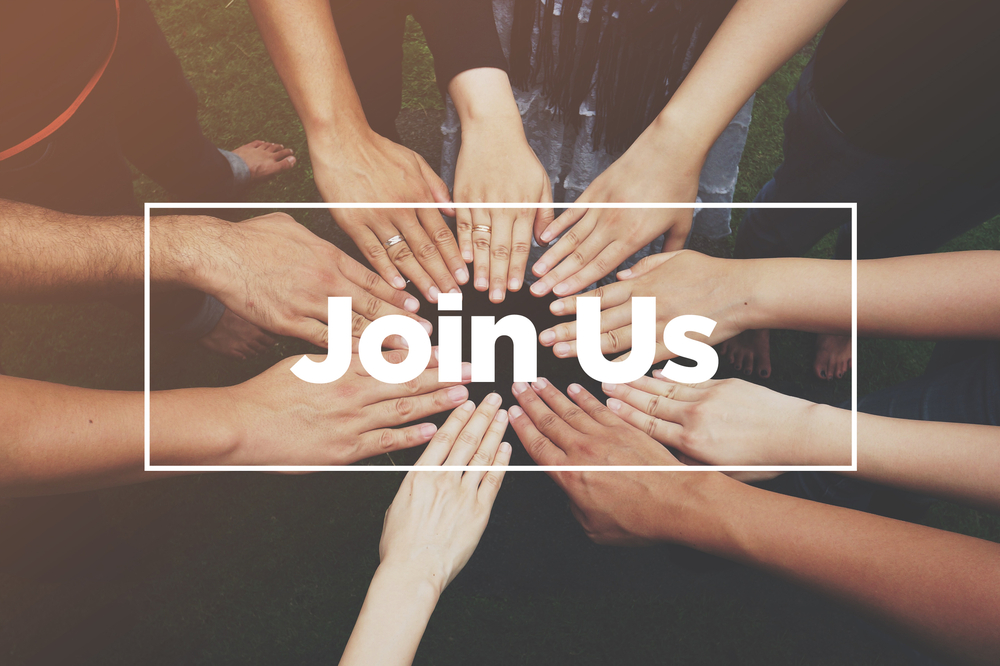Adapting to the 2025 U.S. work culture as an immigrant requires understanding workplace expectations, communication styles, and professional etiquette. The American workforce values punctuality, efficiency, and a proactive attitude. Being direct in communication, contributing to meetings, and networking with colleagues can help build strong professional relationships. Additionally, understanding company policies on work-life balance, career growth, and diversity fosters smoother integration. Between a corporate office or a skilled trade job, adapting to these norms enhances job security and career advancement. Let me guide you through essential tips to help you succeed in the American workforce.
Understanding Workplace Expectations
American employers prioritize efficiency, accountability, and teamwork. Employees are expected to meet deadlines, collaborate effectively, and show initiative. Unlike some cultures where hierarchy dominates, U.S. workplaces encourage open discussions and problem-solving at all levels.

Hard work and results matter. Performance evaluations often determine promotions, salary raises, and job security. Being proactive, completing tasks on time, and maintaining professionalism make a strong impression.
Additionally, punctuality is critical. Arriving late, missing deadlines, or failing to communicate delays can affect your reputation. Being reliable and responsible improves your career prospects.
Key Workplace Norms
- Be Punctual – Always arrive on time and meet deadlines.
- Take Initiative – Employers appreciate employees who solve problems independently.
- Respect Company Policies – Follow workplace rules on dress code, communication, and conduct.
Read: 10 Fast-Growing Industries Hiring in the USA Right Now.
Effective Communication in the Workplace
Clear and direct communication is essential in American work culture. Unlike some cultures where indirect language is preferred, Americans value straightforward conversations. Being concise and confident when expressing ideas helps you stand out.
Email and meetings play a significant role in daily communication. Professional emails should be polite, well-structured, and to the point. Meetings are often fast-paced, and participants are expected to contribute actively.
Workplaces also encourage open feedback. Managers appreciate employees who ask questions, offer suggestions, and communicate concerns respectfully. If something is unclear, seeking clarification is viewed as responsible rather than a weakness.
Key Communication Tips
- Be Direct and Concise – Get to the point without unnecessary details.
- Use Professional Email Etiquette – Keep messages clear, polite, and formal.
- Participate in Meetings – Speak up, contribute ideas, and ask relevant questions.
Building Strong Workplace Relationships
Networking and workplace relationships are crucial for career growth. In American work culture, forming good professional connections can lead to mentorship, job referrals, and promotion opportunities.

Small talk is common and helps build rapport with colleagues. Casual conversations about sports, weather, or weekend plans are normal but avoid sensitive topics like politics and religion.
Respecting cultural diversity is also essential. American workplaces embrace people from various backgrounds, and inclusive behaviour is expected. Treating everyone with respect, regardless of their position, helps create a positive work environment.
Tips for Workplace Relationships
- Engage in Small Talk – Light conversations help build connections.
- Network Actively – Attend company events and connect with coworkers.
- Show Respect for Diversity – Be open-minded and inclusive in your interactions.
Read: Pastry Chef Jobs in the USA: How to Find and Secure a Position with Visa Sponsorship
Mastering Workplace Communication and Professionalism
Clear and direct communication is essential in the U.S. work culture. Unlike some cultures where indirect language is preferred, American workplaces value straightforward and concise interactions. Whether speaking with colleagues, supervisors, or clients, expressing ideas confidently and professionally is crucial. Emails should be polite, well-structured, and to the point. Meetings are often fast-paced, requiring active participation and engagement.
Additionally, workplace professionalism extends to punctuality, dress code, and respecting company policies. Being open to feedback, asking questions when needed, and maintaining a respectful attitude will help immigrants integrate smoothly and build strong relationships with coworkers and managers.
Developing a Strong Professional Network
Networking plays a crucial role in career growth within the U.S. workforce. Building relationships with colleagues, attending industry events, and joining professional organizations can open doors to new job opportunities and mentorship. Engaging in small talk, participating in workplace events, and maintaining a positive attitude helps create meaningful connections. LinkedIn is a widely used platform for networking, allowing professionals to showcase their skills and connect with industry leaders. Immigrants should take advantage of mentorship programs and career development workshops to expand their professional circle. A strong network can provide guidance, support, and new career opportunities over time.
Adapting to the Work-Life Balance
The U.S. work culture values both productivity and personal well-being. While many jobs require dedication, maintaining a balance between work and personal life is encouraged. Employees are expected to manage their time effectively to prevent burnout.
Most companies offer paid time off (PTO), sick leave, and benefits to support work-life balance. Understanding your company’s policies on vacation days, holidays, and overtime is important.
Some industries have demanding schedules, while others offer flexibility. Communicating with your employer about work expectations helps you plan accordingly. Managing stress and prioritizing self-care contribute to long-term career success.
Work-Life Balance Tips
- Set Boundaries – Maintain a healthy separation between work and personal time.
- Use Your Time Off – Take breaks and vacations when needed.
- Manage Stress – Practice self-care to maintain productivity and well-being.
Thriving in the U.S. Workplace
Success in the American workforce depends on adaptability, professionalism, and continuous learning. Employers value employees who improve their skills, embrace challenges, and stay updated on industry trends.

Seeking mentorship and professional development opportunities enhances career growth. Many companies offer training programs to help employees advance. Taking advantage of these resources boosts your confidence and job performance.
Staying positive, being open to feedback, and continuously improving your skills will help you thrive. The more effort you put into adapting, the more rewarding your career experience in the U.S. will be.
Career Growth Strategies
- Continue Learning – Take online courses and attend workshops.
- Seek Mentorship – Learn from experienced professionals.
- Be Adaptable – Stay open to change and new opportunities.
Read: Housekeeping Supervisor Jobs in the USA with Visa Sponsorship
Adapting to the 2025 U.S. Work Culture requires understanding workplace expectations, communication styles, and professional norms. Punctuality, efficiency, and teamwork are highly valued, and employees are expected to take initiative and meet deadlines. Clear, direct communication is essential, both in meetings and emails. Networking and building relationships can open doors for career growth, while work-life balance helps maintain productivity and well-being. Continuous learning, adaptability, and staying updated on industry trends are key to long-term success. By embracing these principles, immigrants can integrate smoothly into the workforce and thrive in their careers in the United States.
APPLY NOW
Important Notice
Staff of JobsGist will never contact you or ask you to contact them for any deal, assistance, or payment. Anyone claiming to represent us in such a manner is not affiliated with us and should be considered a scammer.
Disclaimer: This article is for informational purposes only. We are not visa agents and do not offer any form of assistance beyond announcing verified job vacancies.
